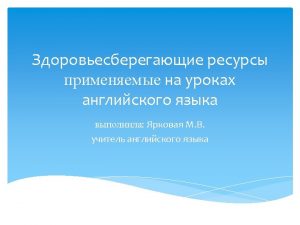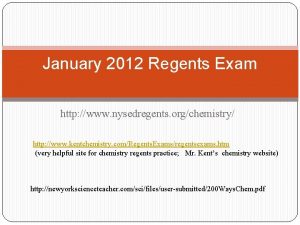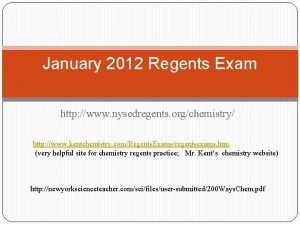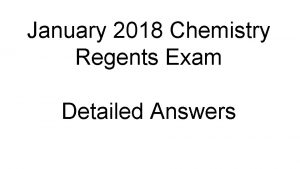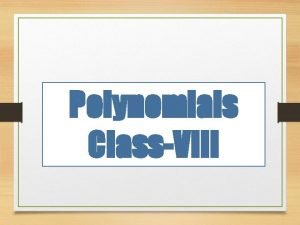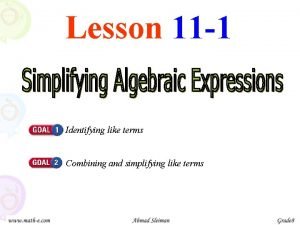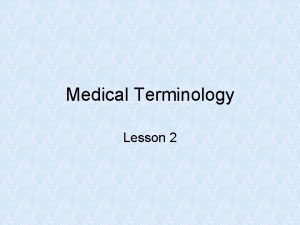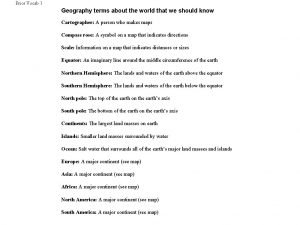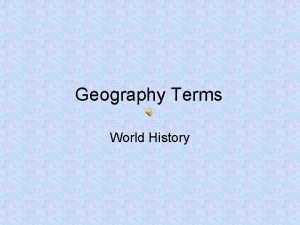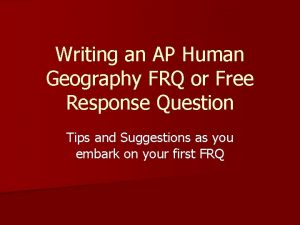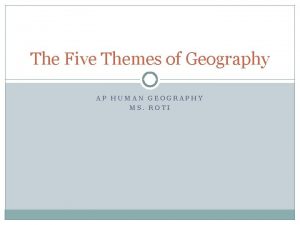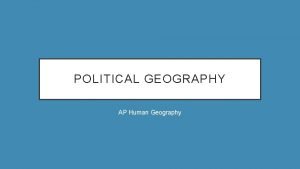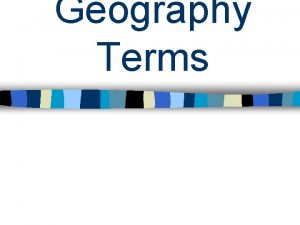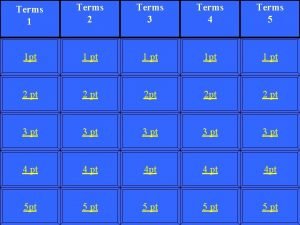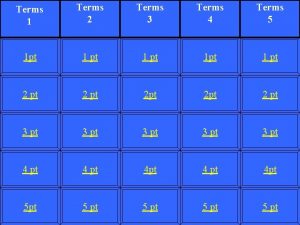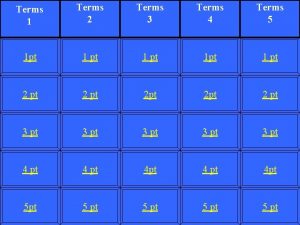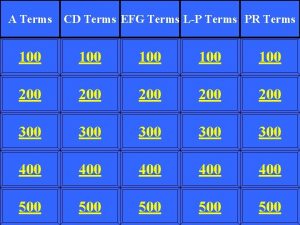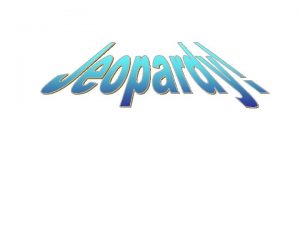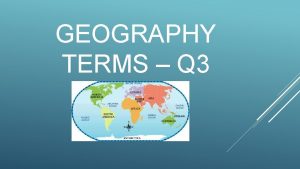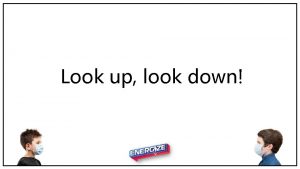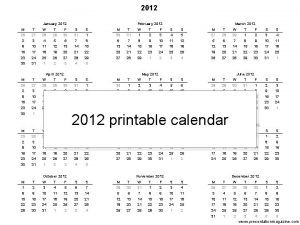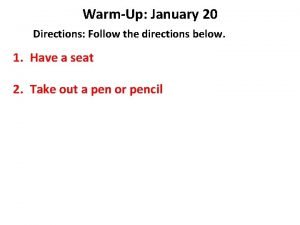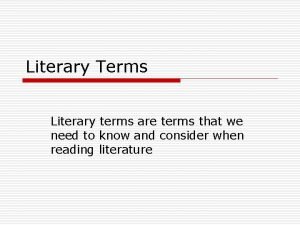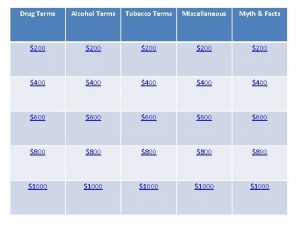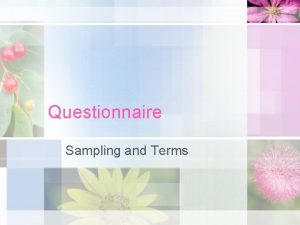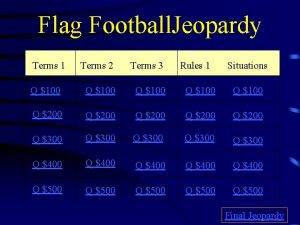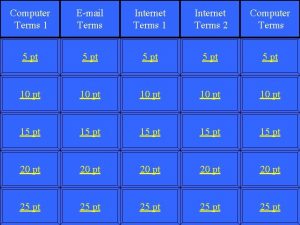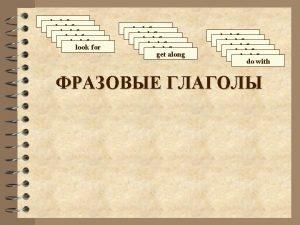Geography Terms January 2012 Directions Look at the



















































- Slides: 51

Geography Terms January, 2012

Directions: Look at the following pictures and see if you can match the picture to the correct geography term. Answers will follow each picture.


Harbor a part of a body of water protected and deep enough to furnish anchorage; especially : one with port facilities.


Bay A part of a sea or ocean that extends into land.


Lake an inland body of standing water.


Plateau A large, flat area that rises above the surrounding land; at least one side has a steep slope.


Island an area of land completely surrounded by water and smaller than a continent.


Valley A long depression of the earth's surface usually between ranges of hills or mountains.


Sea A great body of salt water that covers much of the earth.


River A large natural stream of water flowing in a channel to the sea, a lake, or another stream.


Timberline The line or altitude above which no trees grow.


Plains A large area of flat or gently rolling land.


Peninsula A piece of land almost surrounded by water or projecting out into a body of water.


Glacier A huge, slow-moving mass of snow and ice.


Strait A narrow stretch of water that connects two larger bodies of water.


Peak The pointed top of a mountain.


Ocean The whole body of salt water that covers nearly three fourths of the surface of the earth. THE DIFFERENCE BETWEEN SEAS AND OCEANS ARE: THE OCEANS ARE LARGER THAN THE SEAS, AND A SEA IS PARTIALLY ENCLOSED BY LAND.


Mountain range A line of mountains connected by high ground.


Mountain A large, natural elevation of the earth's surface rising abruptly ( at least 2000 ft. ) from the surrounding level.


Marsh An area of low-lying land that is flooded in wet seasons or at high tide, and typically remains waterlogged at all times.


Canyon A deep gorge, typically one with a river flowing through it.


Gulf A deep inlet of the sea almost surrounded by land, with a narrow mouth.


Desert A dry, barren area of land, especially one covered with sand.


Coastal Plain a plain adjacent to a coast.


Cape A pointed piece of land extending into an ocean or a lake.


Coast The part of the land near the sea; the edge of the land.

Can you think of any other geographical terms?
 Look up to the left
Look up to the left January 2012 chemistry regents
January 2012 chemistry regents January 2012 chemistry regents
January 2012 chemistry regents Chemistry regents january 2018 answers
Chemistry regents january 2018 answers January 2012
January 2012 Polynomial degrees and terms
Polynomial degrees and terms Identify like terms
Identify like terms Sound alike and look alike medical terms
Sound alike and look alike medical terms Activity 1 a) look at the picture
Activity 1 a) look at the picture Activity 1 looking back
Activity 1 looking back Look at the picture in activity
Look at the picture in activity Arizona geographic alliance europe map
Arizona geographic alliance europe map A broad and flat or gently rolling area
A broad and flat or gently rolling area Ap human geography frqs
Ap human geography frqs 5 themes of geography ap human geography
5 themes of geography ap human geography Stateless nation
Stateless nation Hát kết hợp bộ gõ cơ thể
Hát kết hợp bộ gõ cơ thể Ng-html
Ng-html Bổ thể
Bổ thể Tỉ lệ cơ thể trẻ em
Tỉ lệ cơ thể trẻ em Voi kéo gỗ như thế nào
Voi kéo gỗ như thế nào Glasgow thang điểm
Glasgow thang điểm Hát lên người ơi alleluia
Hát lên người ơi alleluia Kể tên các môn thể thao
Kể tên các môn thể thao Thế nào là hệ số cao nhất
Thế nào là hệ số cao nhất Các châu lục và đại dương trên thế giới
Các châu lục và đại dương trên thế giới Công của trọng lực
Công của trọng lực Trời xanh đây là của chúng ta thể thơ
Trời xanh đây là của chúng ta thể thơ Cách giải mật thư tọa độ
Cách giải mật thư tọa độ 101012 bằng
101012 bằng Phản ứng thế ankan
Phản ứng thế ankan Các châu lục và đại dương trên thế giới
Các châu lục và đại dương trên thế giới Thể thơ truyền thống
Thể thơ truyền thống Quá trình desamine hóa có thể tạo ra
Quá trình desamine hóa có thể tạo ra Một số thể thơ truyền thống
Một số thể thơ truyền thống Bàn tay mà dây bẩn
Bàn tay mà dây bẩn Vẽ hình chiếu vuông góc của vật thể sau
Vẽ hình chiếu vuông góc của vật thể sau Thế nào là sự mỏi cơ
Thế nào là sự mỏi cơ đặc điểm cơ thể của người tối cổ
đặc điểm cơ thể của người tối cổ Ví dụ về giọng cùng tên
Ví dụ về giọng cùng tên Vẽ hình chiếu đứng bằng cạnh của vật thể
Vẽ hình chiếu đứng bằng cạnh của vật thể Tia chieu sa te
Tia chieu sa te Thẻ vin
Thẻ vin đại từ thay thế
đại từ thay thế điện thế nghỉ
điện thế nghỉ Tư thế ngồi viết
Tư thế ngồi viết Diễn thế sinh thái là
Diễn thế sinh thái là Dạng đột biến một nhiễm là
Dạng đột biến một nhiễm là Số nguyên tố là số gì
Số nguyên tố là số gì Tư thế ngồi viết
Tư thế ngồi viết Lời thề hippocrates
Lời thề hippocrates Thiếu nhi thế giới liên hoan
Thiếu nhi thế giới liên hoan
